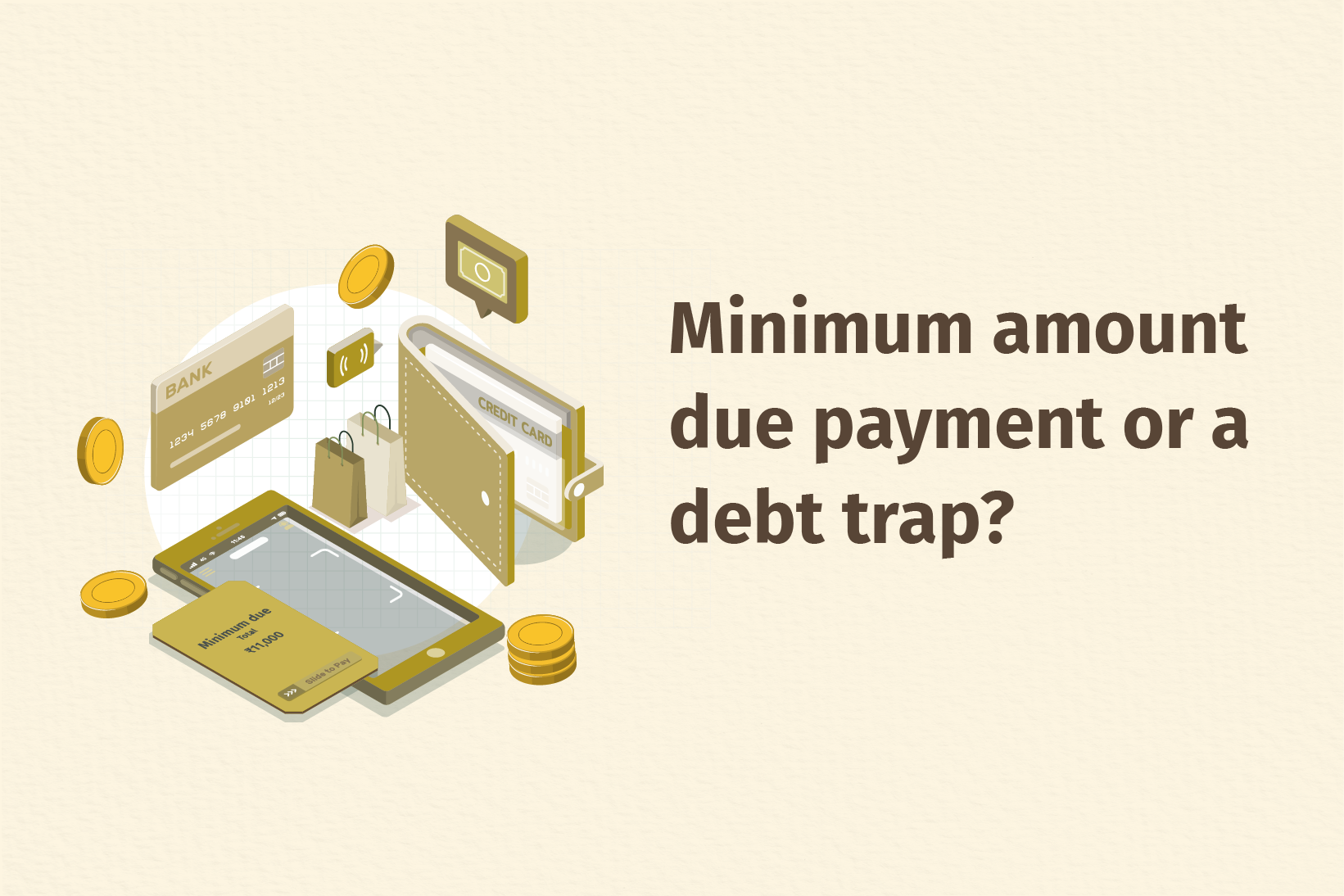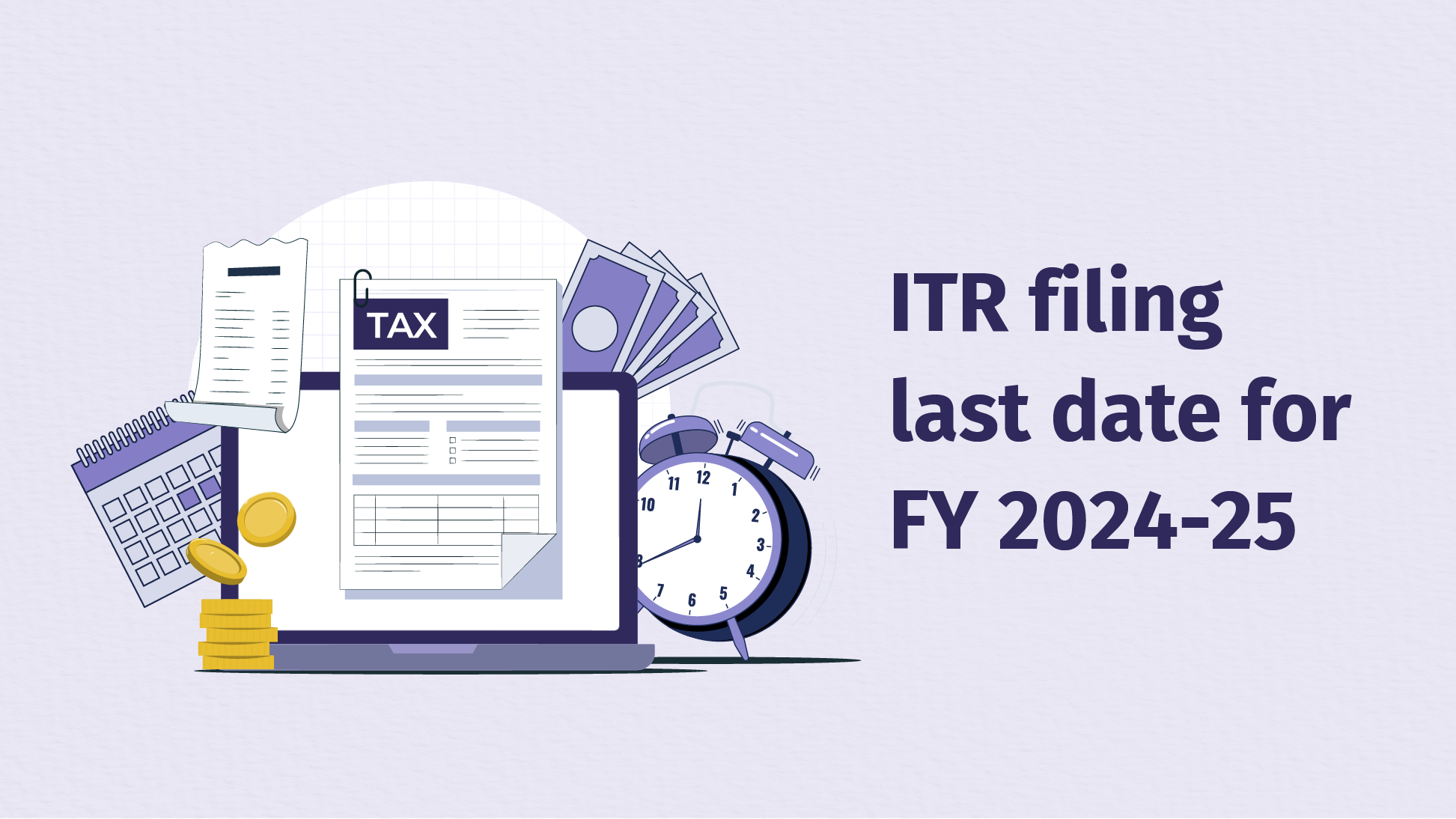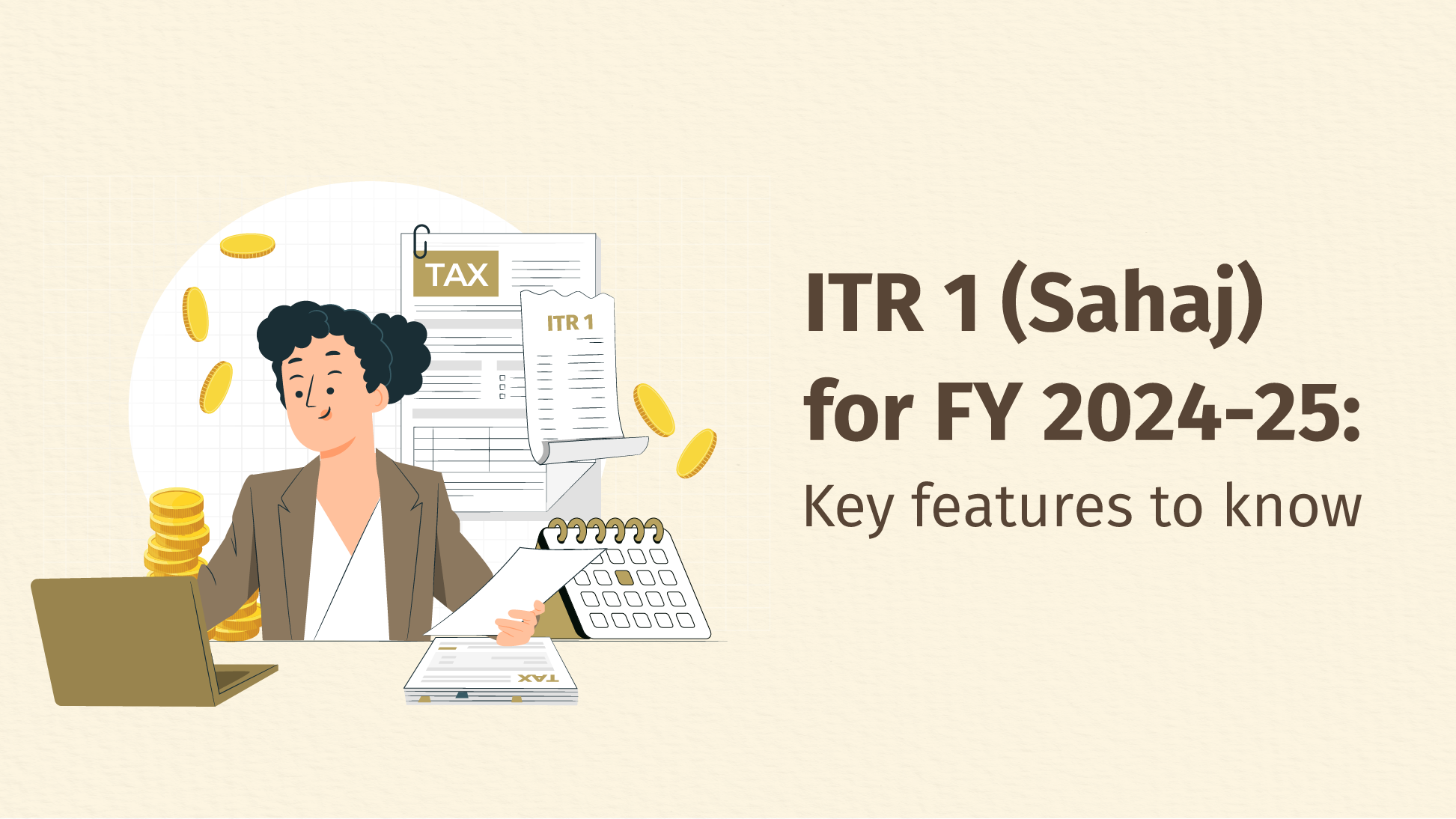1 Finance Blog
Discover financial wisdom on our blog for expert insights on personal finance, investing, and money management.

2 min read
What is NPS Balanced Life Cycle Fund?
The National Pension System (NPS) offers multiple investment options for retirement planning, including auto-choice investment strategies.…

5 min read
Why paying the credit card minimum amount due is a debt trap and how to get out of it?
You have a credit card with a bill of ₹30,000 due. Your billing cycle ends on…

4 min read
Surrendering Life Insurance Policy in India: What You Need to Know
Have you ever found yourself in a financial bind, staring at your life insurance policy and…

7 min read
New ITR filing due date: When is the last date to file ITR, belated ITR, revised ITR for FY 2024-25 (AY 2025-26)?
Taxpayers across India are gearing up to file their income tax returns (ITRs) for the financial…

3 min read
What Are Essential Safety Measures for Beginner Crypto Investors?
Embark on your cryptocurrency journey in India with our comprehensive guide, providing key safety tips and…

5 min read
Planning for Financial future: Where to start?
Welcome to the exciting world of financial planning! Are you ready to take charge of your…

3 min read
Don’t Start 2025 Without Answering These 5 Financial Questions
The end of the year is a natural time for reflection and planning. We think about…

6 min read
6 Factors to consider before Choosing Term Insurance
Life and Health Protection are the major two areas to look for in insurance planning; Life…

9 min read
NPS vs. UPS: How to choose the right pension scheme
NPS is market-linked whereas UPS offers fixed payout. Which one should you choose?

7 min read
How to Choose a Financial Advisor in India
Choosing a financial advisor is a difficult task. A right financial advisor can set your finances…

7 min read
ITR-1 (Sahaj) for FY 2024-25 (AY 2025-26): Key changes in ITR-1 form that taxpayers must know
ITR-1 changes in FY 2024-25: The Central Board of Direct Taxes (CBDT) has introduced significant changes…

6 min read
How to File Income Tax Returns for Previous Years?
Introduction Did you miss your ITR filing last year or the year before? If the answer…


Discover your MoneySign®
Identify the personality traits and behavioural patterns that shape your financial choices.


